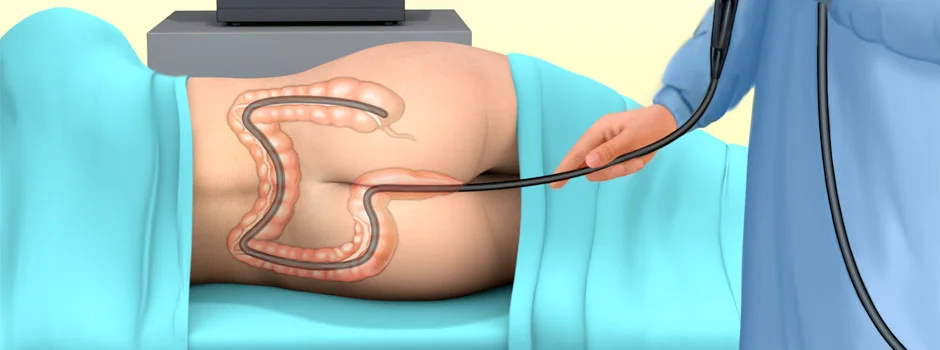
Colonoscopy is a diagnostic medical procedure that allows doctors to examine the inner lining of your large intestine (colon and rectum) using a thin, flexible tube called a colonoscope. This procedure is commonly used to detect colon polyps, colorectal cancer, inflammation, ulcers, and sources of gastrointestinal bleeding.
Below are some frequently asked questions about colonoscopy procedures:
No, most patients are sedated during the procedure and experience minimal to no discomfort. After the procedure, you may feel bloated or have mild cramping, but these symptoms usually resolve quickly.
Your doctor will provide a preparation plan which includes a special diet and a bowel cleansing solution. It's essential to follow these instructions carefully to ensure a successful examination.
For individuals with average risk, colonoscopy is generally recommended every 10 years starting at age 45. However, people with a family history or other risk factors may need it more frequently as advised by their doctor.